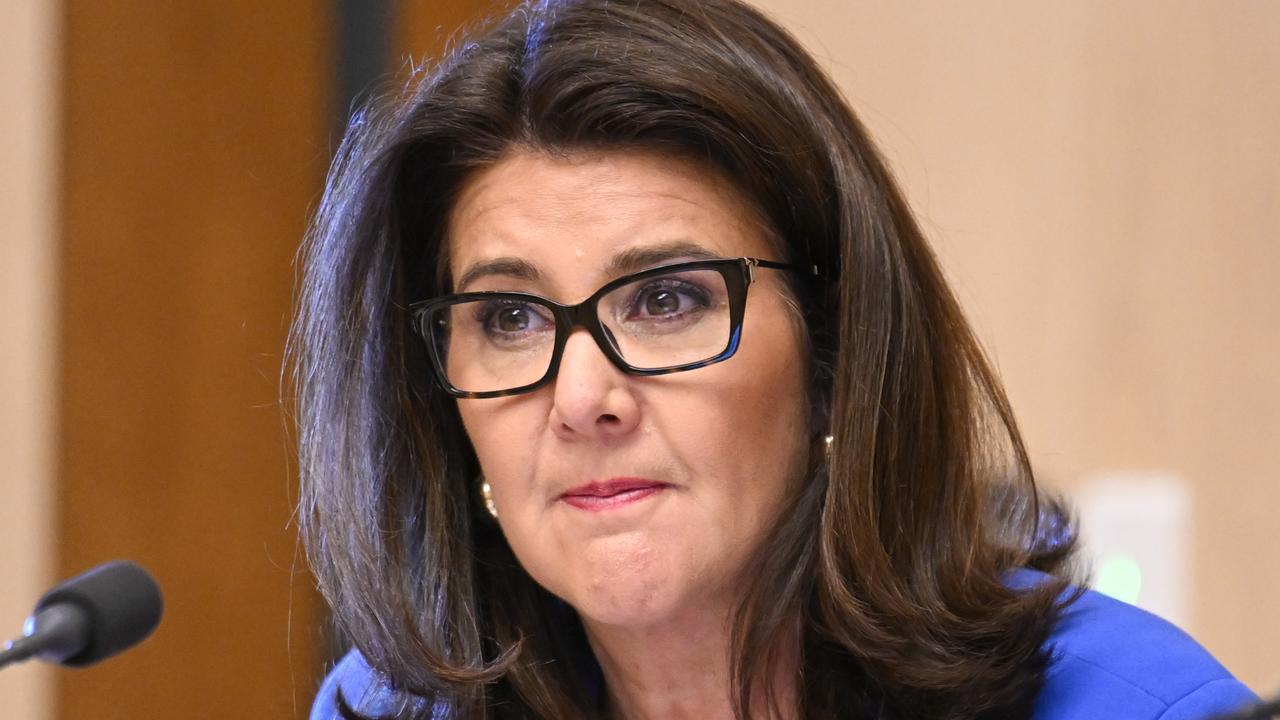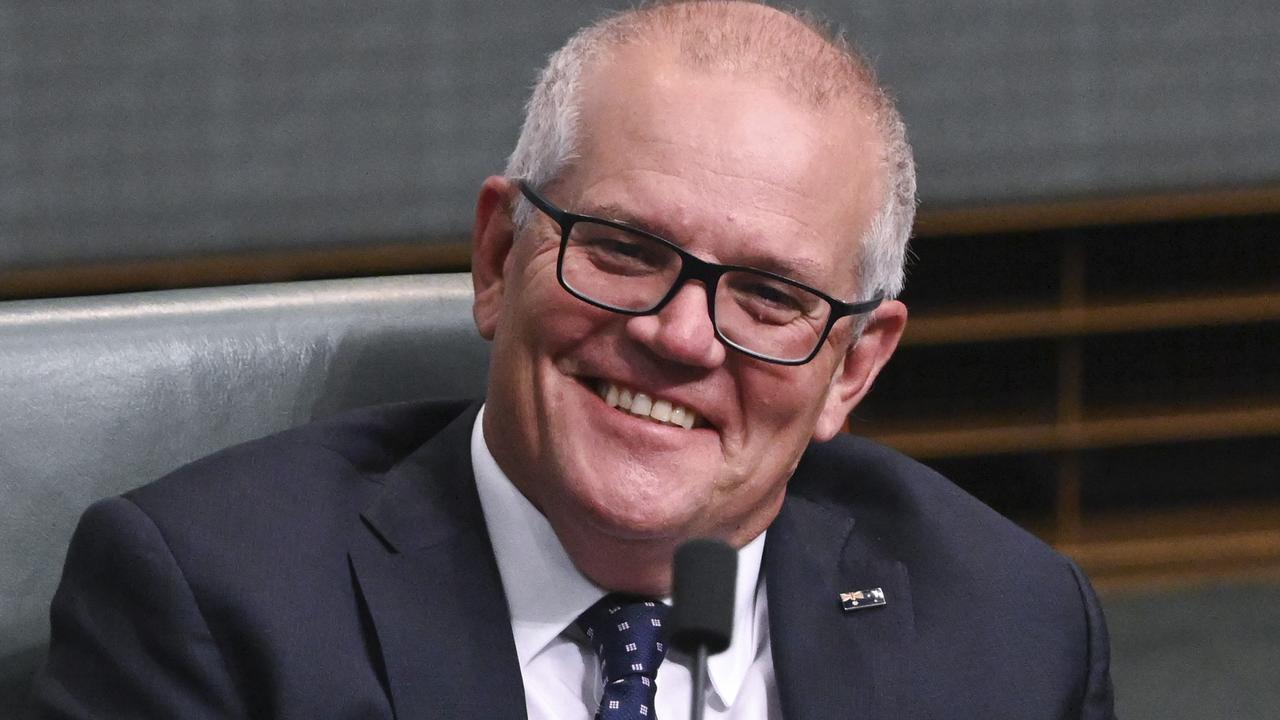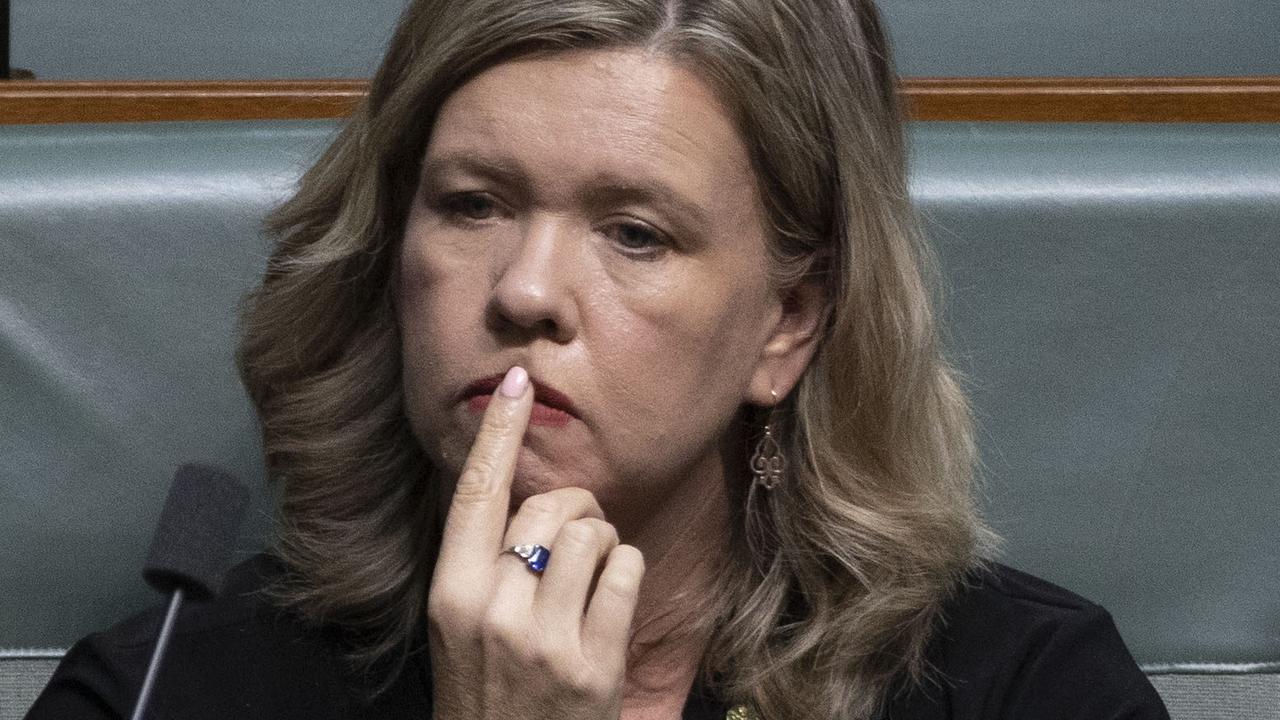Coal is clouding Government’s judgment in clashes with AGL over Liddell Power Station
WITH coal on the brain, the Turnbull Government is showing signs its judgment is compromised as arguments over the future of energy intensify.

COMMENT
THE Government has lost core principles and quite possibly its corporate mind as it struggles with the internal dispute over the future of coal.
Senior Liberals are advocating actions which would make an old-school Albanian commissar blush.
They are mounting a campaign of a massive mistrust in the capacity of private enterprise to do the right thing. And this clashes directly with the Government’s primary economic ambitions in other areas.
On one hand it is insisting big business can be trusted to turn $65 billion in tax cuts into more jobs and higher wages.
However, on the other hand big business cannot be trusted to generate the electricity the nation needs, and banks are too misguided to invest in big Queensland coal mines.
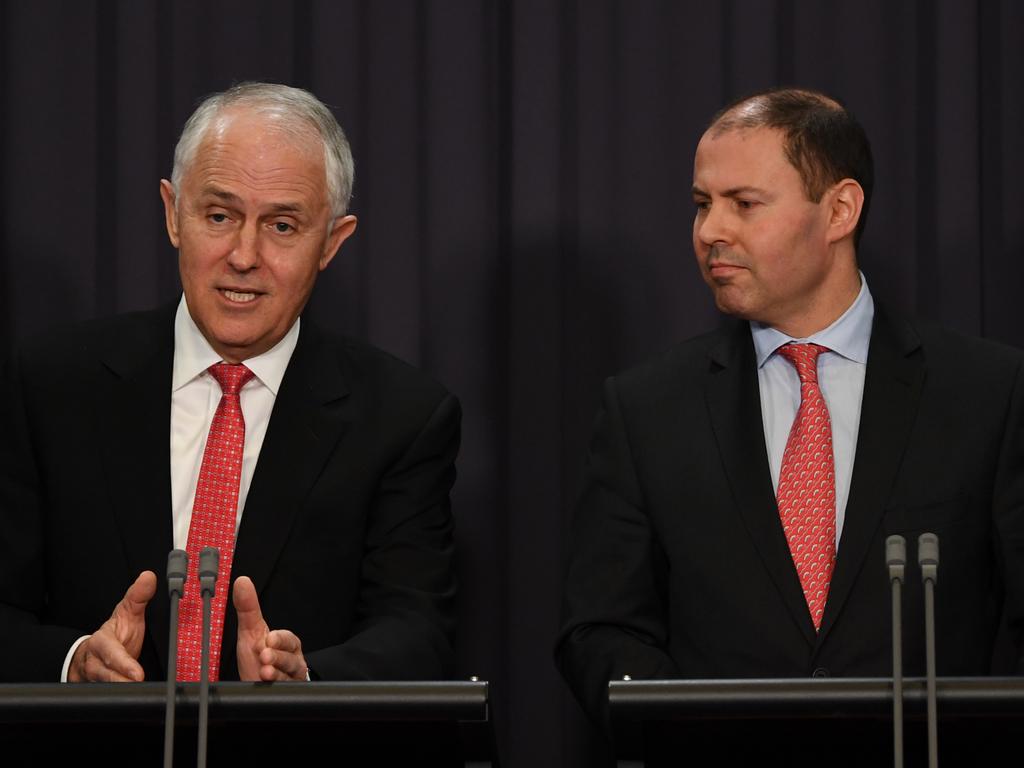
It is easy to imagine the Greens wanting their policies back, except they have not gone this far discounting the value of the free-enterprise market.
The chief villain to the Government is electricity generator AGL, which has plans for its Liddell facility in NSW which don’t help the Liberals settle their internal instability over coal. Government MPs see a great flaw in AGL’s plans: coal doesn’t figure in them.
And it’s not just the Liberals. Nationals minister Matt Canavan wants AGL to toe the Government’s Liddell line, and former deputy prime minister Barnaby has, quite bafflingly, abused the company for wanting to make profits.
Imagine the reaction if a Greens MP had used the following words, and not Tony Abbott: “Governments should be very reluctant to compulsorily acquire assets but let’s face it, it is an essential service,” told 2GB on Monday.
“Electricity is not an optional extra in the modern world, it is an absolute essential service, and if a company is threatening an essential service it is up to the Government to take appropriate action and keep that essential service going.”
Mr Abbott might be accused of creating mischief designed to rattle his successor Malcolm Turnbull. And it seems to be working.
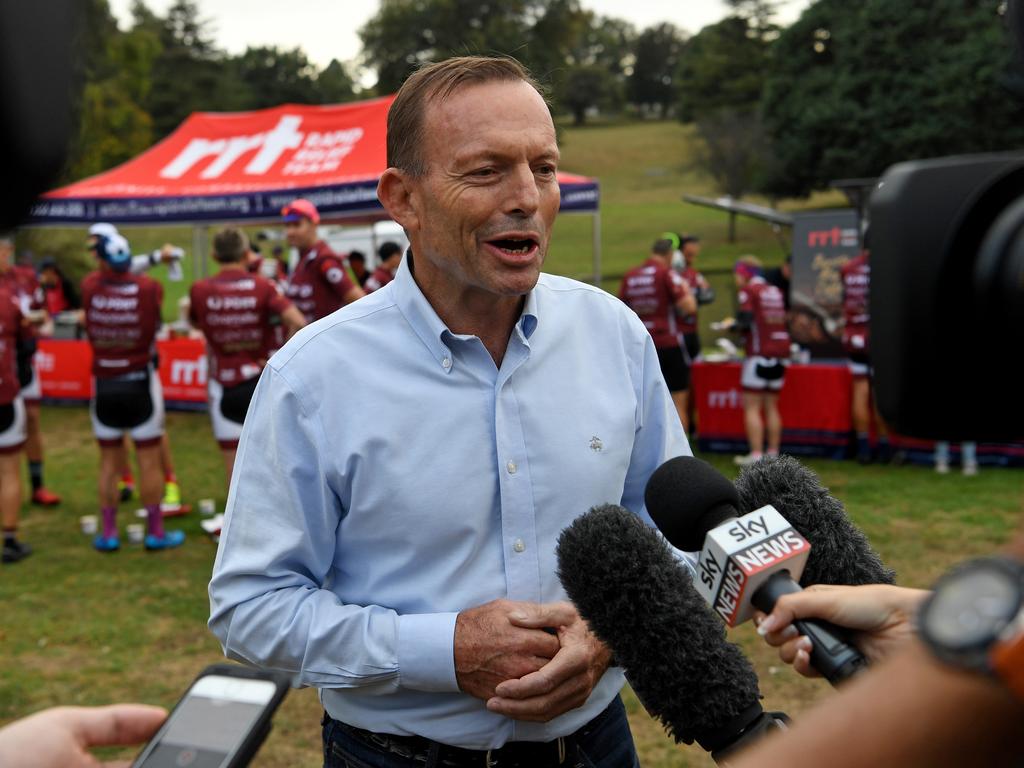
Mr Turnbull has demanded AGL sell the Liddell Power Station to one of two rival coal-burning companies — even though they haven’t even said they want it.
He is rebuking AGL for not actively pursuing a sale it’s not interested in.
Tony Abbott is unrelenting. In just one day, he implicitly accused the Prime Minister of not having policies to lower electricity prices, increase wages and properly manage immigration, and urged the Government to counter the lack of private enterprise interest by building coal-fired power stations with taxpayer money.
Trade Minister Steve Ciobo is a Turnbull backer, and not in the mischief-making game.
However he, too, has diminished faith in big business. For him, it was a matter of timing before barging into the AGL boardroom.
“It is too early to start intervening. We allow the prospective purchaser and prospective bidder to keep talking and let’s see what happens at the end of that process,” he said.
And Energy Minister Josh Frydenberg has joined the pressure application, contacting AGL board members individually to comment on company management.
At least he hadn’t gone as far as Tony Abbott, who has even sneered at the loyalty to Australia of AGL’s chief executive Andy Vesey.
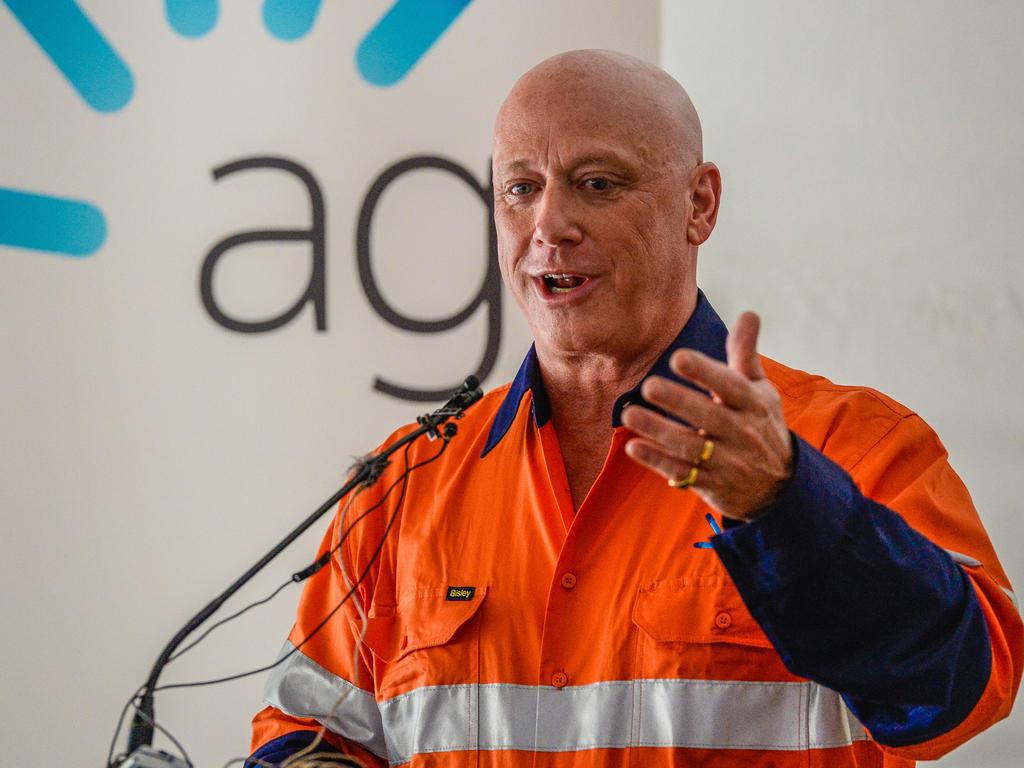
“AGL is an Australian company with an American head but there is no way on God’s Earth we should allow the AGL boss, who wants to maximise his bonuses, who wants to maximise the prices he gets, there is no way we should allow this to jeopardise our national interest,” said Mr Abbott.
That was just nasty and unnecessary.
The Government says that AGL’s plan to close Liddell’s coal bunkers by 2022 will leave a 1000 megawatt hole in dispatchable electricity — the energy needed to fill shortfalls elsewhere.
But AGL has a three-stage program involving renewables and gas which it says would solve the dispatchable problem.
And the Australian Energy Market Operator, which polices generation schemes, agrees.
But the Government doesn’t agree, despite strong advice. And that’s because the pro-coal campaign has addled its judgment.

